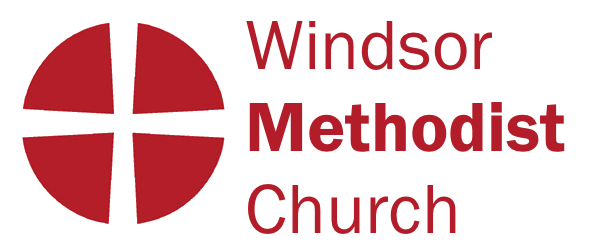Brothers and Sisters
The founder of our Methodist movement, John Wesley, considered there to be two types of holiness: personal holiness, which is growing your personal relationship with God and social holiness, which is showing love to others through caring for their physical needs. This understanding takes very seriously such passages in the Bible as James 2:15-17 – “If a brother or sister is naked and lacks daily food, and one of you says to them, ‘Go in peace; keep warm and eat your fill’, and yet you do not supply their bodily needs, what is the good of that?”
I want to both challenge and affirm this. On the one hand, when Wesley talked about social holiness, he was talking about holiness through worship, partaking in holy communion, Bible Study and hymn singing. He felt that withdrawing from the world in search of a purely individual holiness was not the way to go. Yet at the same time, he was passionate about social justice, which is what we have come to see social holiness as meaning. Wesley and his friends visited the sick, the dying and those in prison, worked for social reform, education, abolition of slavery and against the distillers – not so much because he was anti-alcohol as because they unfairly exploited the poor. John Wesley was all for social justice, but when he spoke about social holiness, that is not what he meant.
However, language and its meaning changes through the generations as we know. The important thing is not so much which words John Wesley used to describe it, but what he intended Methodism to be about. Written into our DNA is the singing, the preaching, the learning but also the caring, the social justice, the determination that we will not rest until our mother’s glib response to our cries of “It’s not fair” with “Life’s not fair” should cease to be true.
Life at the moment is not fair. We see it in the fear and the worry in the world around us where we are faced with political assassination, concerns as to rising costs and worries about shortages. I would suggest however that a Methodist response to the reality that life is not fair, is to figure out why and for whom and dig down into how we change the story. We will not be able to change it for everyone, but this winter, let’s strive to make life a little bit fairer for those who are put in front of us. Whether we call it social justice, social holiness or living the Jesus way, it’s what we are called to do and who we are called to be as Methodists.
God bless, Vicci
